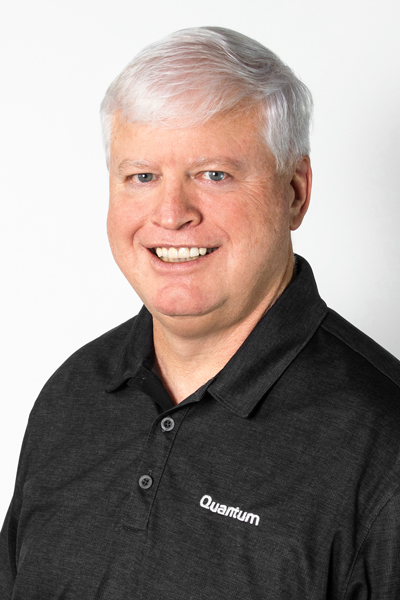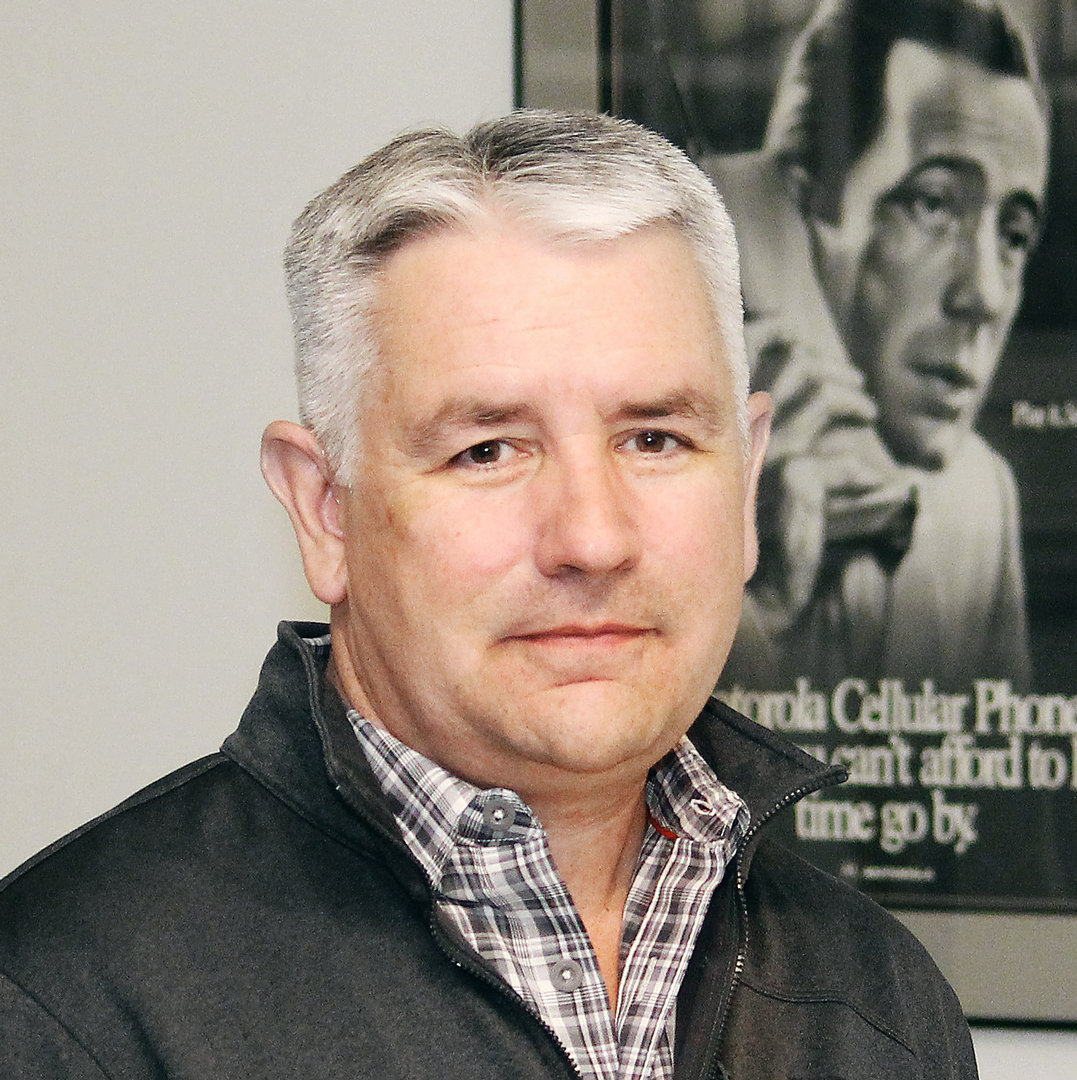|
Getting your Trinity Audio player ready... |
When Mike Dodson was approached to become CFO of tech company Quantum, he had no idea of the experience he would be in for. Their finance department was in shambles, the company had covenant compliance and liquidity issues with the lenders, and was in the midst of a massive Securities and Exchange Commission (SEC) investigation resulting in a multiyear financial restatement. “It was a wilder ride than I could have ever imagined,” he says.

Luckily for Quantum, Dodson had built up a reputation as a problem-solver. Two years later, Quantum is in better shape than ever—restructured, resized, and back to productivity.
Problem-solving has been a fixture in Dodson’s career. For a decade before he joined Quantum, Dodson moved from one CFO role to another across several big tech companies. Each place had their own set of obstacles to overcome, from IPOs to restructurings to SEC investigations. “I seem to gravitate towards challenges,” he muses.
Then, in 2018, he was approached by one of Quantum’s board members and—at the time—the biggest shareholder, Eric Singer, to consider the CFO job at the company. “We had worked together in the past, and he knew my background and that it matched up well with the challenges at Quantum,” Dodson notes.
After discussions with the board members and the then-CEO, Dodson understood the difficulties of the job but also recognized Quantum’s potential. “I don’t know why I’m drawn to these challenges,” Dodson says. “It’s like you’re standing in front of Mount Everest and you just want to climb to the top—I can’t help myself.”
Of course, the mountain got higher the Sunday before he was set to start: the CEO resigned for personal reasons. The nomination committee called Dodson up and asked him to take over, an offer he accepted. On his first day, Dodson was set to pull double duty as CFO and interim CEO.
“It was a wilder ride than I could have ever imagined.”
As Dodson describes it, Quantum was hanging by a thread by the time he arrived, which meant he had to act quickly to get a handle on the company’s biggest problems. One of the most crucial elements that guided him through was his close partnership with Mark Rothman, chairman of the audit committee and the board’s lead director addressing the SEC investigation and lender relationships. Dodson’s partnership with Rothman was critical in bringing him up to speed on the company’s regulatory and lending issues.
Then, he evaluated the current financial, accounting, and information technology leadership, which he found wanting. “They were just not very strong, for lack of a better description,” he says. So he overhauled the leadership team and brought in a chief accounting officer he’d worked with in the past—someone he knew was highly competent and pragmatic in his approach. He also brought in a new chief information officer he’d worked with in the past and an experienced head of internal audit, further solidifying the foundation for his new approach.
Each of these leaders then rebuilt their teams, almost from scratch, and set to work restating multiple years of financial statements. “It was a mountain of work,” Dodson says. The team sifted through years of accounting records representing tens of thousands of transactions to piece together the proper accounting treatment and roll up the corrected financial statements.
Another major element of Dodson’s changes was dealing with their CPA firm, a large outfit that he felt had not served the company well before his arrival. The firm was proving to be a very expensive service provider that didn’t exhibit the willingness to be nimble and responsive to the level required to address the significant challenges the company needed to urgently address.
With strong support from the board, the company went out to bid and chose to go with a regional firm that proved to be the perfect fit, willing to “roll up their sleeves” and audit five years of financial statements from scratch in less time and at a lower cost than it would have required to proceed with the incumbent CPA firm. “Had we not replaced the incumbent CPA firm, I’m not sure we would have made it,” he admits.
“It’s like you’re standing in front of Mount Everest and you just want to climb to the top—I can’t help myself.”
It wasn’t an easy move—and went against conventional wisdom as well as how Dodson had addressed similar restatement projects in his past—but it proved to be a key factor in the successful completion of the financial restatement.
Another significant factor needed to secure the future of Quantum through this challenging period was to find the right CEO, one who would prove to be a true partner for Dodson. “If you don’t bring in the right person, you could sink the ship,” he says. Luckily, the board was able to attract a solid replacement in Jamie Lerner, an executive with more than twenty-five years of experience in executive leadership roles at tech companies like Cisco and Seagate. “Lerner exhibits boundless energy; he’s enthusiastic,” Dodson says. “He had a vision of what to do with the products and the technology that was really different than what the company had done in the past.”
Dodson prides himself on a strong partnership with Lerner, which he cites as one of the major components of Quantum’s strong recovery from the situation Dodson walked into. “I’ve had some really good, strong relationships with CEOs over the years, but bar none the best I’ve had is with Jamie,” he says.
The core of that partnership is a strong sense of collaboration—Lerner’s the storage expert, Dodson’s the finance expert, and they each defer to the other’s areas of expertise. “He’s more enthusiastic and outgoing [than I am], but we share core values and think alike. When we look at a problem, whether I talk first or he talks first, it’s like we’re in each other’s mind,” he says.
In connection with his turnaround efforts, Dodson selected the investment banking firm Armory Securities, which helped assist Quantum in raising financing to provide much-needed flexibility. “Mike is a seasoned and talented professional with the unique skills Quantum needed,” says Eben Perison, CEO of Armory. “Over the course of a year, he was able to operate in a truly difficult situation and worked flawlessly with Jamie and the management team to achieve Herculean results.”
Compared to where the company was two years ago, Dodson feels good about where Quantum is now. In 2019, the company entered profitability for the first time in years. Now, of course, with the COVID-19 pandemic, Quantum faces the same problems every company around the world is dealing with. But with a solid, self-selected team and strong collaboration with his CEO, Dodson is optimistic about their ability to weather this new challenge.

